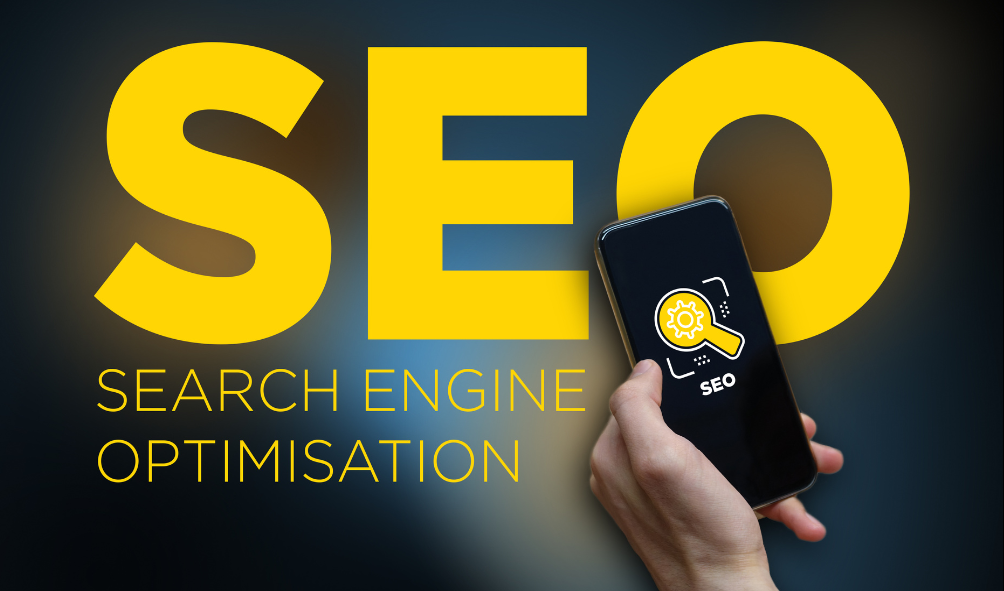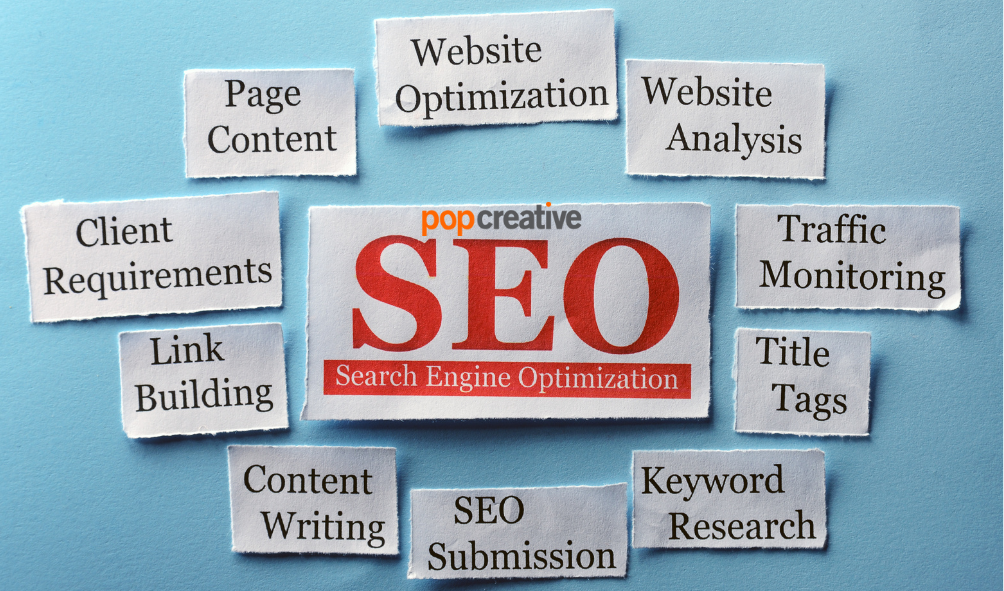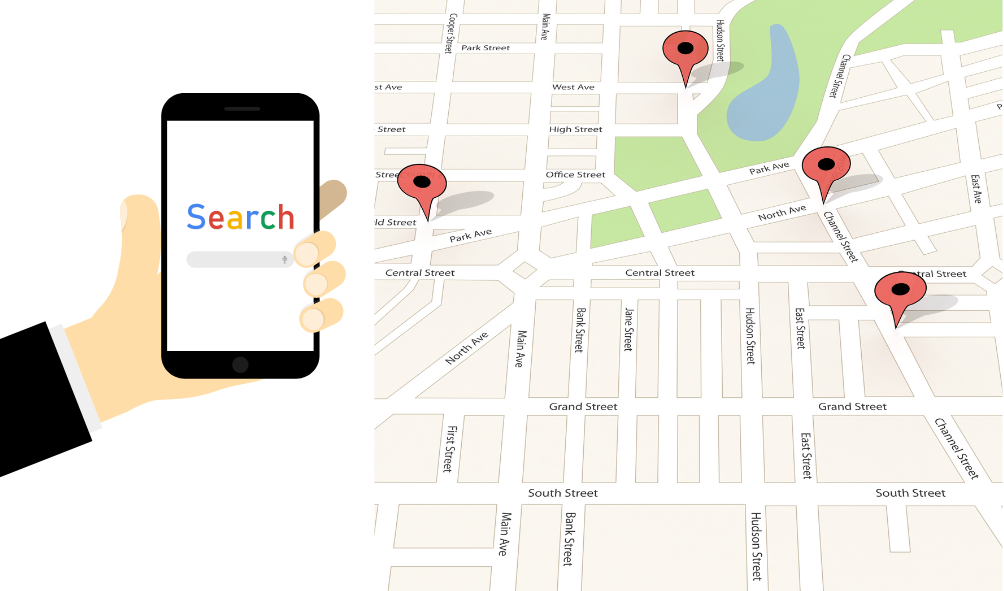Search engine optimization (SEO) is the practice of improving the ranking of a website on search engines. The higher the ranking, the more likely people are to find the site. Many techniques can be used to improve a site’s ranking. One is to use keywords that people are likely to search for. Another is to make sure the site’s code is clean and free of errors.
SEO is a complex and ever-changing field, and it is important to stay up-to-date on the latest developments.
Google’s Core Beliefs About Search Engines
Google’s three core beliefs about search engines are that they should be:
#1 Fast
#2 Comprehensive
#3 Easy to use
Let’s take a more in-depth look at each of these core beliefs.
#1 Fast
Google believes that search engines should be fast. This means that when you type in a query, you should get results back almost immediately. Google’s search engine is incredibly fast, and it’s one of the things that sets it apart from other search engines.
#2 Comprehensive
Google also believes that search engines should be comprehensive. This means that they should be able to index all of the content on the web, not just a small portion of it. Google’s search engine can index billions of pages, which is a major reason why it’s so popular.
#3 Easy to use
Finally, Google believes that search engines should be easy to use. This means that they should be designed in a way that makes it easy for users to find what they’re looking for. Google’s search engine is very user-friendly, and it’s one of the reasons why so many people use it daily.
These are Google’s three core beliefs about search engines, and they’re the reasons why Google’s search engine is so successful. If you’re looking for a fast, comprehensive, and easy-to-use search engine, then Google is the way to go.
How Search Engines Determine Rankings
Search Engine Optimization, or SEO, is the practice of improving the ranking of a website on search engines. The higher the ranking, the more likely people are to find the site.
Several factors go into determining how high a website will rank on a search engine. The algorithms used by search engines are constantly changing, so what may have worked to improve ranking last year may not work this year. In general, however, there are a few key things that will always be important.
- Content. Search engines want to see well-written, informative content that is relevant to the keywords being searched. The days of keyword stuffing are long gone – now, it’s all about quality.
- The number of links pointing to the site. Search engines see links as votes of confidence – the more links a site has, the better. However, it’s not just about the quantity of links, but also the quality. Links from high-quality, relevant websites are worth more than links from low-quality or irrelevant websites.
- Site’s history. Older sites are usually seen as more trustworthy than newer ones and therefore may be given a boost in the rankings. This is why it’s important to build up a site over time, rather than try to launch a fully-fledged site all at once.
- Website design. A well-designed, user-friendly site is more likely to rank higher than a site that is difficult to navigate or that doesn’t look good. This is because search engines want to provide their users with the best possible experience, and a good design is a big part of that.
These are just a few of the things that go into search engine rankings. By keeping these factors in mind, you can help your site rank higher and attract more visitors.
How to Get Better Rankings in Search Engines
Search engine optimization is one of the most effective ways to improve your website’s ranking in search engines. By optimizing your site for better search engine rankings, you can improve your visibility and attract more visitors.
Many factors contribute to your website’s ranking in search engines. Some of these factors are within your control, while others are out of your hands. However, there are a few things you can do to improve your ranking.
One of the most important factors in search engine optimization is your site’s content. Your content must be relevant to your target audience and keywords. In addition, your content must be well-written and informative. Search engines favor websites with high-quality content, so it’s important to focus on creating content that is both relevant and informative.
Another important factor in search engine optimization is your site’s structure. Your website’s structure should be easy for search engines to crawl and index. This means your website should have a clear hierarchy and easy-to-follow navigation. In addition, your website’s code should be clean and well-organized.
In addition to content and structure, another important factor in search engine optimization is your site’s backlink profile. Your backlink profile is the number and quality of links pointing to your website. Search engines use your backlink profile to determine your website’s importance and relevance.
There are several things you can do to improve your backlink profile. One way is to reach out to other websites in your industry and request links. Another way is to create high-quality content that other websites will want to link to. And finally, you can use social media to build links to your website.
If you want to improve your website’s ranking in search engines, it’s important to focus on search engine optimization. By improving your site’s content, structure, and backlink profile, you can attract more visitors and improve your visibility online.
Step 1: Understand Google’s Ranking Algorithm
If you want your website to rank high on Google, you need to understand how the Google ranking algorithm works. Google’s ranking algorithm is a complex beast, but there are four key factors that you need to focus on if you want to rank high on the search engine:
1. Relevancy
2. Authority
3. Freshness
4. User experience
Relevancy is all about how well your website content matches the search terms that people are using. If you want to rank for the term “dog food”, then you need to make sure that your website is about dog food and not about cats, for example.
Authority is all about how well your website is trusted by Google. If you have a lot of high-quality backlinks from other websites, then Google will view your site as being more authoritative than a site with fewer backlinks.
Freshness is all about how often your website is updated with new content. Google loves fresh content, so if you can regularly add new and relevant information to your site, you’ll see a boost in your rankings.
User experience is all about how easy it is for people to use your website. If your site is easy to navigate and people can find what they’re looking for quickly, then you’ll have a better chance of ranking high on Google.
Keep these four factors in mind as you work on optimizing your website for Google’s search engine algorithm, and you’ll be well on your way to achieving a high ranking.
Step 2: Create Great Content With Keywords
Are you ready to take your content to the next level and start seeing some serious traffic? If you want your content to rank high in the search engines, you need to start thinking about search engine optimization (SEO). SEO is the process of optimizing your content to rank higher in the search engines.
There are a few key things you need to do to make your content SEO-friendly:
1. Use keyword-rich titles
2. Use keywords throughout your content
3. Optimize your images
4. Promote your content
Step 3: Take Advantage of Structured metadata
When it comes to SEO, many people focus on optimizing their website’s content and on-page elements. However, there is another important factor that should not be overlooked – structured metadata.
Structured metadata is code that helps search engines understand the content of your website and determine how to properly index and rank your site. This code is typically in the form of HTML tags, which are used to provide information about a page’s title, description, and other important elements.
One of the most important HTML tags for SEO is the <title> tag. This tag specifies the title of a page, which is displayed on the search engine results page (SERP). The title is one of the first things that people see when they perform a search, so it’s important to make sure it’s catchy and relevant to what your website is about.
In addition to the <title> tag, there are a few other important HTML tags that you should take advantage of:
- The <meta> tag – This tag provides information about a page, such as its author, description, keywords, and other important details.
- The <h1> tag – This tag specifies the main heading of a page. It’s important to use keywords in your <h1> tag to help search engines understand what your page is about.
- The <alt> tag – This tag is used to specify an alternative text for images. This is important because search engines can’t index images, so they rely on the alt text to understand what an image is about.
By taking advantage of these HTML tags, you can help search engines better understand your website and improve your chances of ranking high in the SERPs.
Need help? Let our team at Pop Creative, a reliable digital marketing agency in Miami, help you with search engine optimization. Start outranking your competitors today! Reach out to us via email or by calling 786-477-6760.






Recent Comments